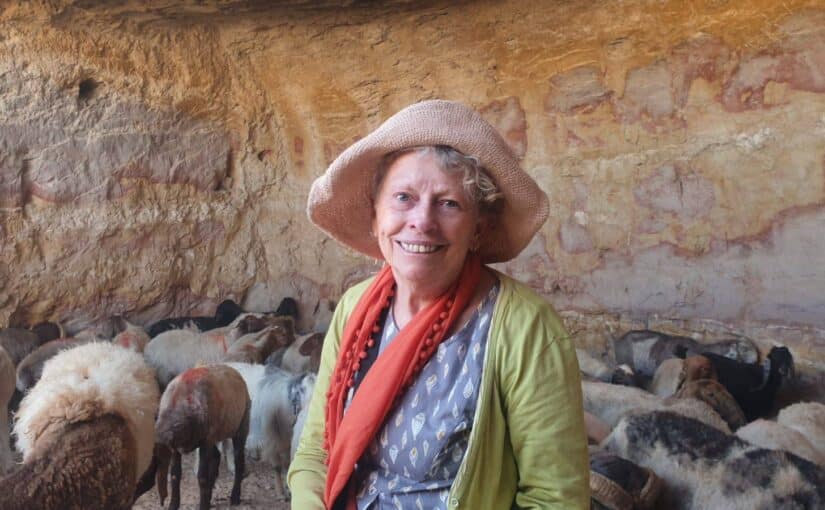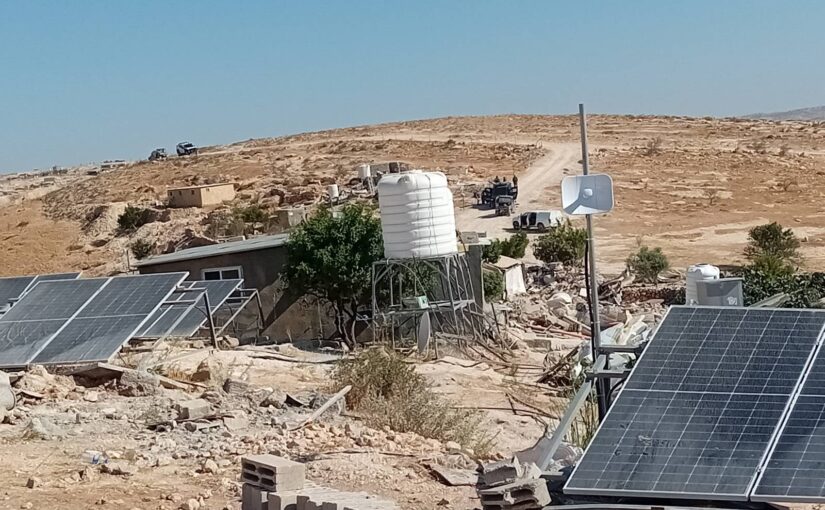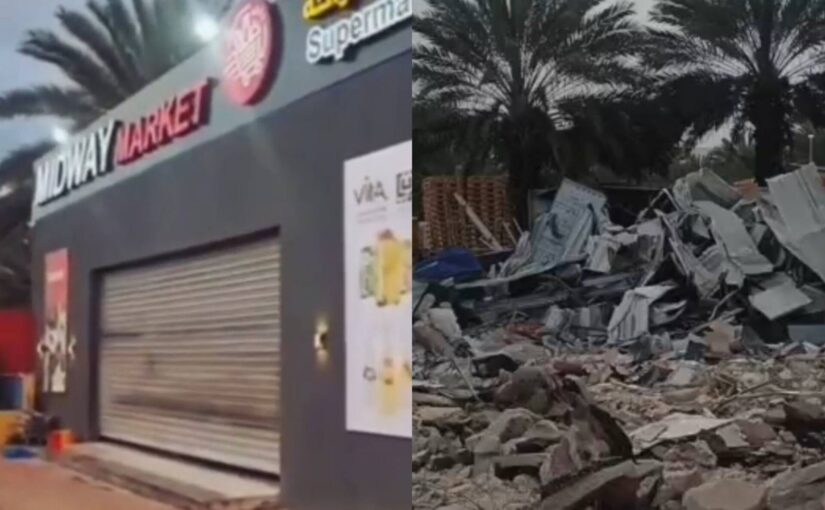Category: Press Releases
-
For immediate release — Israeli authorities deny legal counsel to Swansea-based Irish citizen fighting unjust deportation
June 5, occupied Palestine – Israeli authorities have processed Irish citizen, and UK resident, D. Murphy (70) without allowing her legal counsel nor informing her lawyer of the proceeding. Murphy, originally from Cork and based in Swansea since the early 80s, has been held in custody since June 1 when Israeli authorities issued an unjust deportation…
-
For immediate release — Israel deporting international activists standing against immediate displacement of communities in Masafer Yatta
June 1, 2025, Palestine — On May 31, Israeli authorities arrested Swedish citizen Susanne Björk (48) and Irish citizen D. Murphy (70) – both based in the UK – from Khalet Al-Daba’a, in Masafer Yatta, located in the southern part of the occupied West Bank. Björk will be deported tomorrow morning while Murphy is fighting the…
-
Israeli Army Demolishes Vital Supermarket on Highway 90, Jordan Valley
On the 2nd of March in the Jordan Valley, the Israeli military demolished a supermarket.located on Highway 90. The owners of the supermarket were the Abo-Jarar family.This area consisted of a playground, a small restaurant, bathroom, indoor sitting area and a prayer room.In 2022, Israeli authorities gave a stop-work order for reasons which are still…



